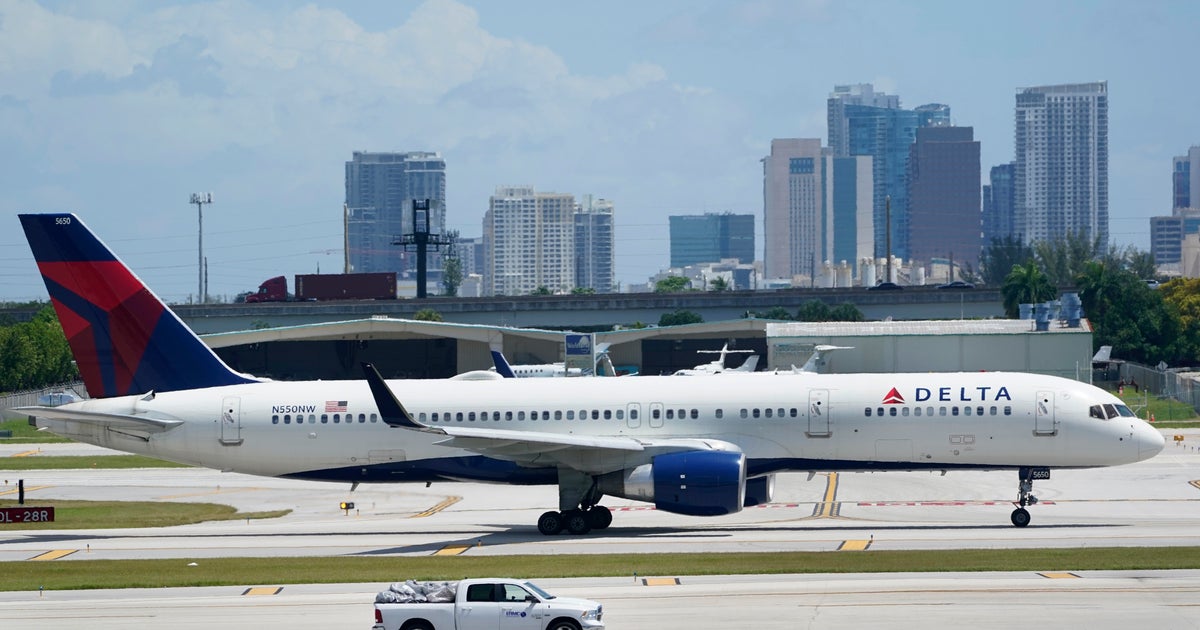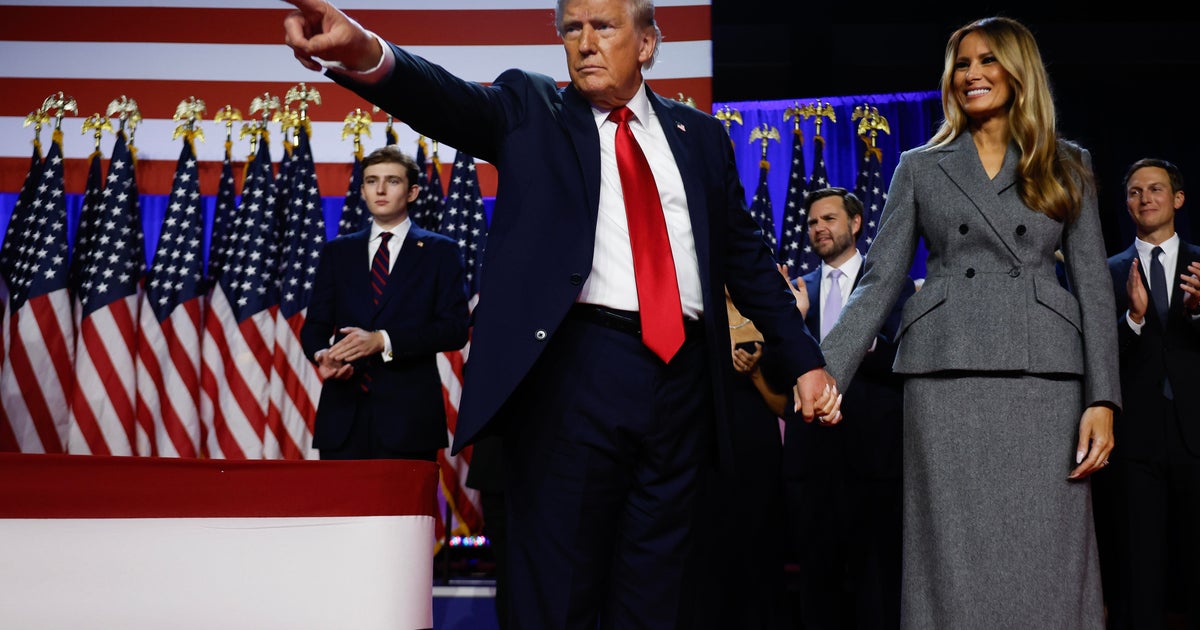Dow closes above 40,000 for first time, notching new milestone
The Dow closed above 40,000 points for the first time on Friday in a quiet day on Wall Street, with investors taking cheer in strong corporate profits and signs that inflation is cooling.
The Dow Jones Industrial Average, which was launched in 1896, tracks the stocks of 30 major "blue-chip" companies generally regarded as low-risk investments. The index's listed companies include Apple, Intel and Microsoft among tech players, while the financial industry is represented by companies such as American Express, Goldman Sachs and JPMorgan Chase. Health care companies in the Dow include Amgen, Johnson & Johnson, Merck and UnitedHealth Group.
The Dow crossed the 30,000 point mark in November of 2020. Yet while the 128-year-old index is still widely followed, institutional investors generally focus on broader stock market barometers, such as the S&P 500 and tech-heavy Nasdaq.
The Dow added 134 points, up 0.3%, to close at a record high of 40,004. The S&P 500 index edged up 0.1% and the Nasdaq ended essentially flat. All three financial markets climbed to new heights this week after the Consumer Price Index rose at an annual rate of 3.4% in April, in line with analyst forecasts.
The Dow has risen nearly 20% over the last 12 months, while the S&P 500 has surged 27.5%.
Soft landing ahead?
Although inflation continues to run considerably hotter than the Federal Reserve's 2% target, the latest CPI data suggests that prices around the U.S. are moderating after rising much faster than expected earlier this year. That is rekindling hopes the Federal Reserve could soon act to cut its benchmark interest rate, which would give a further lift to financial markets as well as lower borrowing costs for consumers and businesses.
With the U.S. economy seemingly on track for a soft landing, many traders expect the U.S. central bank to trim the federal funds rate — now at its highest level in more than two decades — twice this year. Yet analysts said the Fed will wait for more evidence that inflation is retreating before easing policy.
"Of course, the Fed will not wait for inflation to retreat to 2% to start cutting rates," Bob Schwartz, senior economist with Oxford Economics, said in a note to investors. "By then it would probably be too late to prevent the economy from descending into a recession. But it is taking longer than usual for the Fed's rate hikes in 2022 and 2023 to bring inflation under control, and it will take several months of benign inflation reports to instill confidence that the trend towards 2% is firmly in place."
While major markets have continued levitating, so-called meme stocks are fizzling after soaring earlier in the week. Shares of GameStop, a money-losing video game retailer that has been embraced by retail investors, fell nearly 20% on Friday after the company said it expects to report a loss of $27 million to $37 million for the three months through May 4. It also said it could sell up to 45 million shares of stock in order to raise cash.
The stock had topped $64 on Tuesday after Keith Gill, a popular online trader known on social media as "Roaring Kitty," resurfaced on X (formerly Twitter) after a three-year hiatus.
—The Associated Press contributed to this report.



